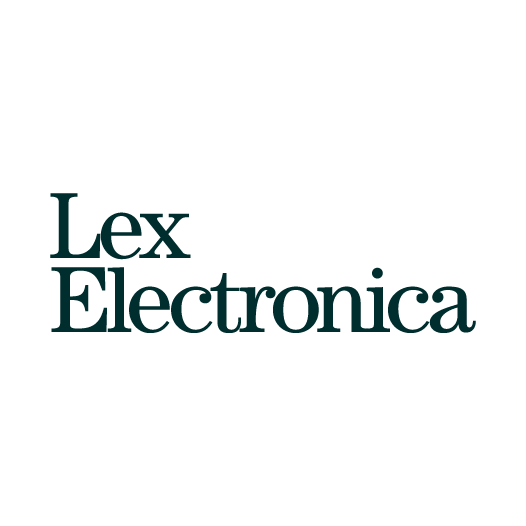Internet Law – An Attempt at a Polemic Retrospective
1 Professor of Public Law, Information and Communication Law and President, Research Centre for Information Law, University of St. Gallen, Switzerland.
Résumé
Herbert Burket trace l’évolution des concepts reliés au "droit de l’Internet" dans le cadre du droit de l’Union Européenne. Initialement, ce domaine du droit était perçu comme une nouvelle discipline normative. Or, l’auteur soutient que le "droit de l’Internet" n’est pas un domaine normatif distinct, mais correspond aux domaines traditionnels auxquels il a été progressivement intégré.
Le "droit de l’Internet" a amélioré notre compréhension du processus général d’évolution du droit. L’auteur souligne, entre autres, comment le législateur européen a réagi par diverses législations aux nouveaux impératifs technologiques. De plus, ce domaine offre une nouvelle perspective pour l’analyse de l’évolution des normes face aux innovations technologiques. Les tribunaux, les législateurs et les parties privées sont autant d’acteurs qui interviennent à différents moments et sur différents aspects du processus d’évolution du droit.
Enfin, on s’attendait à ce que le droit de l’Internet conduise à la mondialisation des normes, à l’autorégulation des acteurs et à une architecture structurelle normative ouverte. L’auteur constate que la mondialisation des normes ne semble pas s’être réalisée. L’autorégulation, dans le domaine de l’Internet, fait référence aux normes de comportement établies par des acteurs privés et mixtes. Enfin, le concept d’architecture structurelle normative réfère au fait que les créateurs d’un système technologique imposent involontairement certaines règles aux utilisateurs, en dépit de l’affirmation qu’un tel système technologique est normativement neutre. L’auteur soutient que ces attentes, bien qu’elles soient toujours présentes au sein de l’activité normative, n’ont plus la même signification qu’au moment de leur formulation originale.
Les concepts traditionnels de période normative, de juridiction, d’acteurs et de procédure ont aussi évolué parallèlement au développement du "droit de l’Internet", autant dans le cadre de l’environnement normatif de l’Union Européenne que dans celui du droit international en général. L’évolution de ces concepts modifie le processus de création du droit, ainsi que le rôle et les fonctions des intervenants impliqués dans ce processus.
L’auteur conclut en soulignant que le concept même de droit a évolué en perdant ses représentations symboliques traditionnelles grâce au développement de l’accès généralisé à l’information, à l’évolution des technologies de l’information et à leur impact culturel.
English
Herbert Burket traces the evolution of normative concepts of the recent domain of Internet law in the context of European Union law. Initially, this new field of law was perceived as a unique normative discipline. Contrary to this perception, the author holds that Internet law is not a distinctive normative domain, but rather that it has been progressively integrated within the traditional legal disciplines.
Internet law has improved the academic understanding of the general process of the evolution of law. The author emphasizes the reaction of European legislators to the new technical challenges posed by the rapid development of the Internet. Internet law also presents a novel perspective to the analysis of the evolution of norms in face of technological innovations. The courts, the legislators and the private parties are important actors intervening at different time and on different aspects of this development process.
Internet law is based on the promises of Internationalization, self-regulation and open architecture. The Internationalization of norms, which intended to disseminate common norms to similar domains, does not seem to have been fully achieved yet. The self-regulation of actors, in the context of Internet law, refers to the norms of behavior established and enforced by private and mixed actors. Finally, the promise of open structural architecture is linked to the concept that the creators of a technological system involuntarily impose certain norms upon users, which conflicts with the statement that such systems are normatively neutral. The authors believes that the promises are still an integral part of the normative process of Internet law, but that they do not hold the same meaning then they did at the time of their original formulation.
The traditional concepts of time, place, actors and procedure have also evolved significantly with the development of Internet law in the context of European Union law and international law. The evolution of these concepts has modified the process of creation of law and norms, as well as the roles and functions of actors involved in this process.
The author concludes by stating that the concept of law has shed its traditional symbolic representations because of the increase of the general access to information, the development of communication technologies and their cultural impact.
